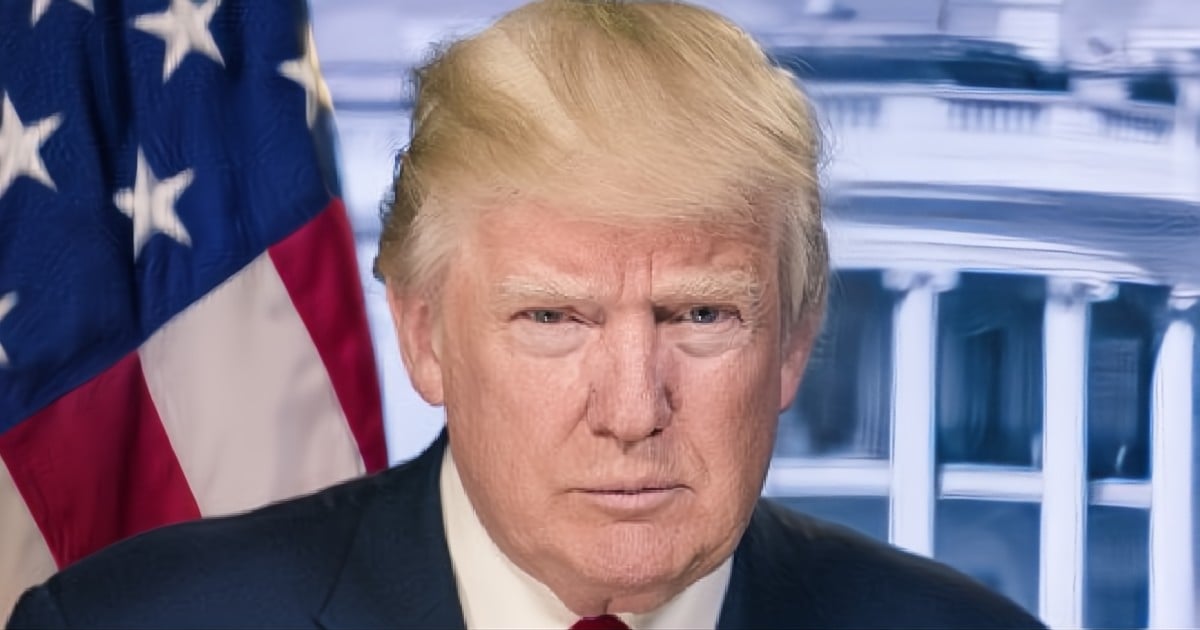
The elections in the United States have reached their decisive day. Since this Tuesday, known as Super Tuesday in that country, voters will choose between the Republican Donald Trump and the Democrat Kamala Harris to lead the nation's destiny for the 2025-2029 term. Cubans residing on the island are also closely watching this election.
"I can tell you that if Trump wins, we will be eating the shoes we have left, because things are really bad here. The economy is very poor, and tourism has plummeted," said a driver of an almendrón, the typical cars that circulate in Havana, to the AP agency.
The perspective of this Cuban is supported by Trump's policy towards Cuba during his first term in the White House from 2017 to 2021, which marked a return to harsher approaches compared to the opening measures promoted by his predecessor, Barack Obama.
During his administration, Trump reversed several of the agreements and strategies that Obama had implemented to improve bilateral relations with the island, taking a more restrictive approach.
One of the first significant changes was the restriction on travel and remittances. Trump considerably limited travel for U.S. citizens to Cuba, eliminating "people-to-people" individual travel, a popular form of cultural tourism permitted under Obama.
Additionally, their administration expanded the list of Cuban companies with which Americans were prohibited from doing business, focusing on those connected to the island's military and security sectors. This list includes hotels, stores, and other key businesses that generate income for the Cuban government. The aim was to diminish the Cuban state's ability to fund its operations through access to foreign currency.
In 2017, due to the so-called "sonic attacks" that affected U.S. personnel in Havana, the United States decided to withdraw a significant portion of its diplomatic staff from the island and reduce consular services. This measure made it more difficult for Cuban citizens to process visa applications, creating new barriers in family and business relations between the two countries.
A significant change in policy toward Cuba was the implementation of Title III of the Helms-Burton Act, a provision that had been suspended since 1996. By activating it, Trump allowed U.S. citizens to sue foreign companies operating on properties confiscated by the Cuban government after the Revolution. This measure aimed to discourage foreign investment in Cuba and to exert pressure on the already weakened economy of the island.
In the realm of human rights, Trump adopted a critical stance towards the Cuban authoritarian system, expressing greater support for dissent and openly promoting the cause of human rights on the island. This approach was accompanied by an increase in diplomatic and economic pressure on the Cuban government in the international arena.
Finally, the Trump administration tightened the link between policies towards Cuba and Venezuela, accusing both governments of supporting each other in authoritarian practices. This stance translated into additional pressure on Cuba to cease its military and political support for Nicolás Maduro's regime in Venezuela, escalating the level of confrontation with both countries.
What do you think?
COMMENTFiled under: